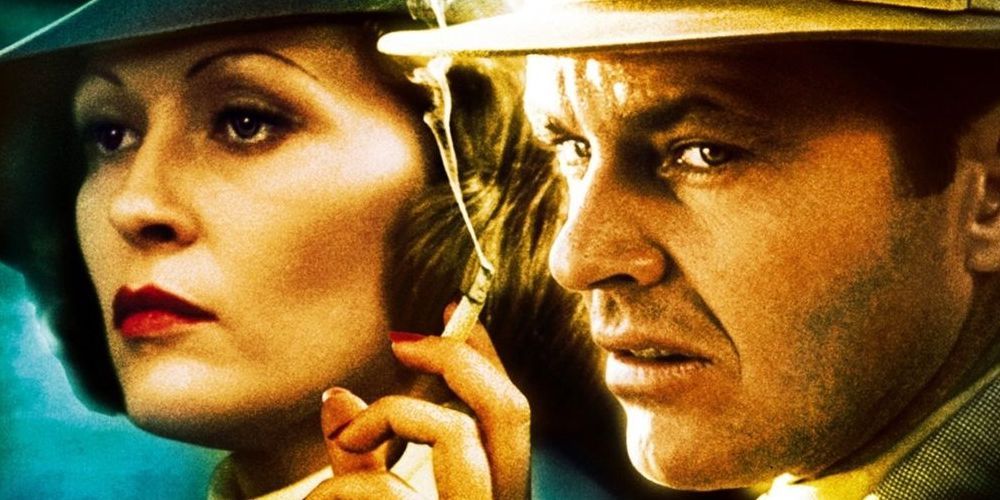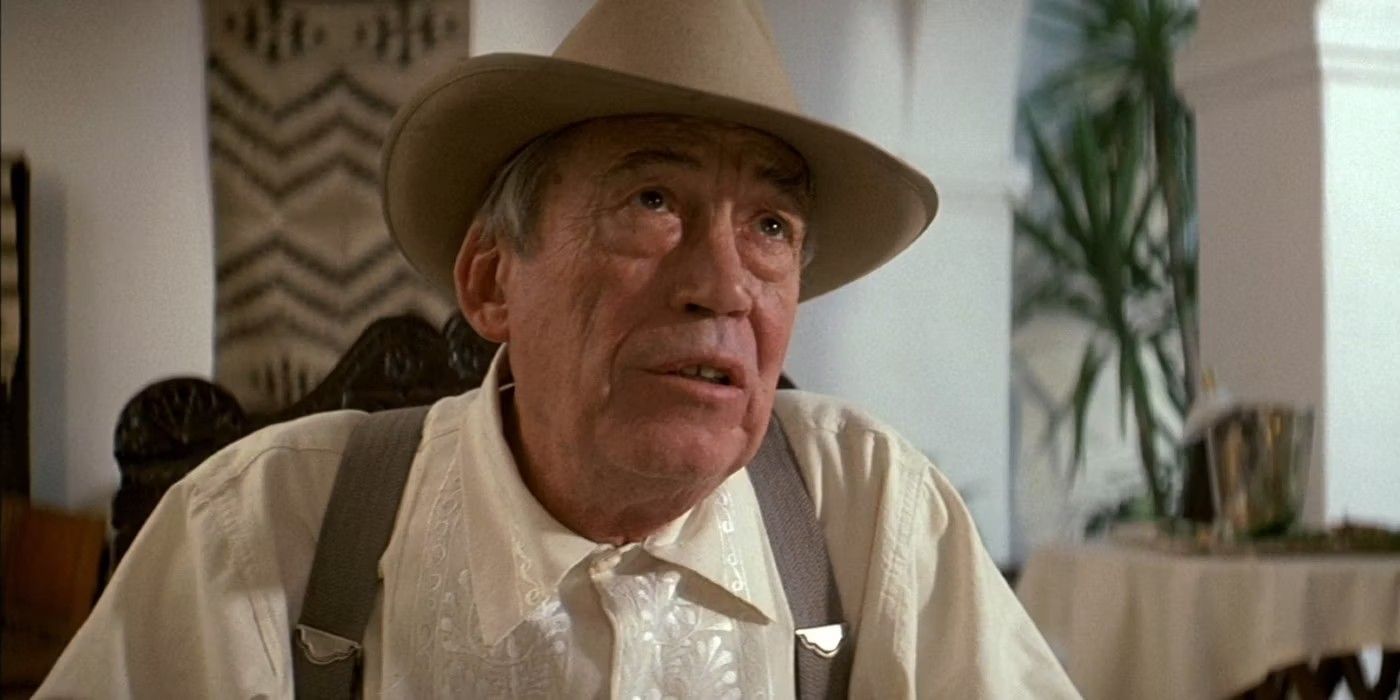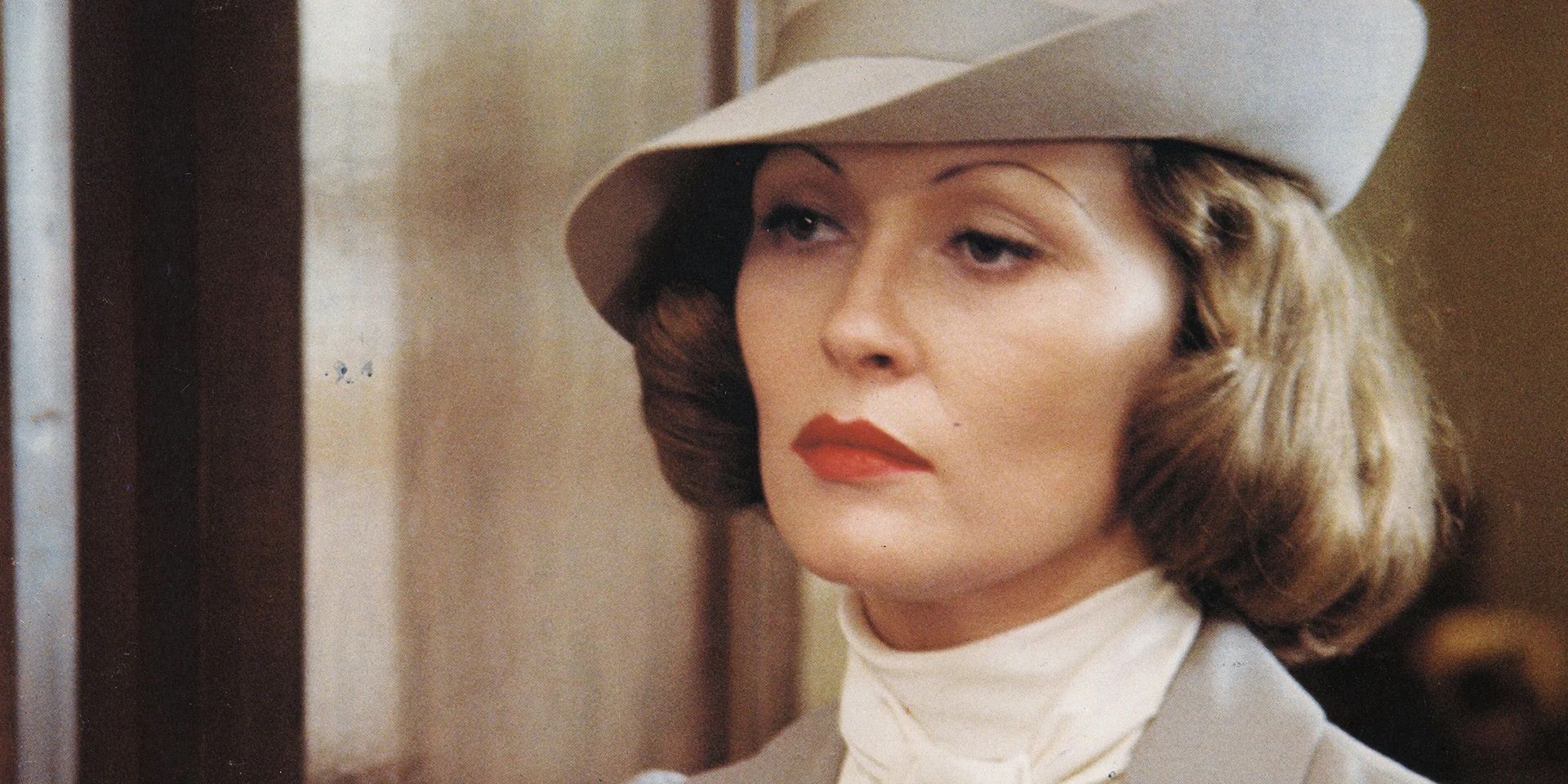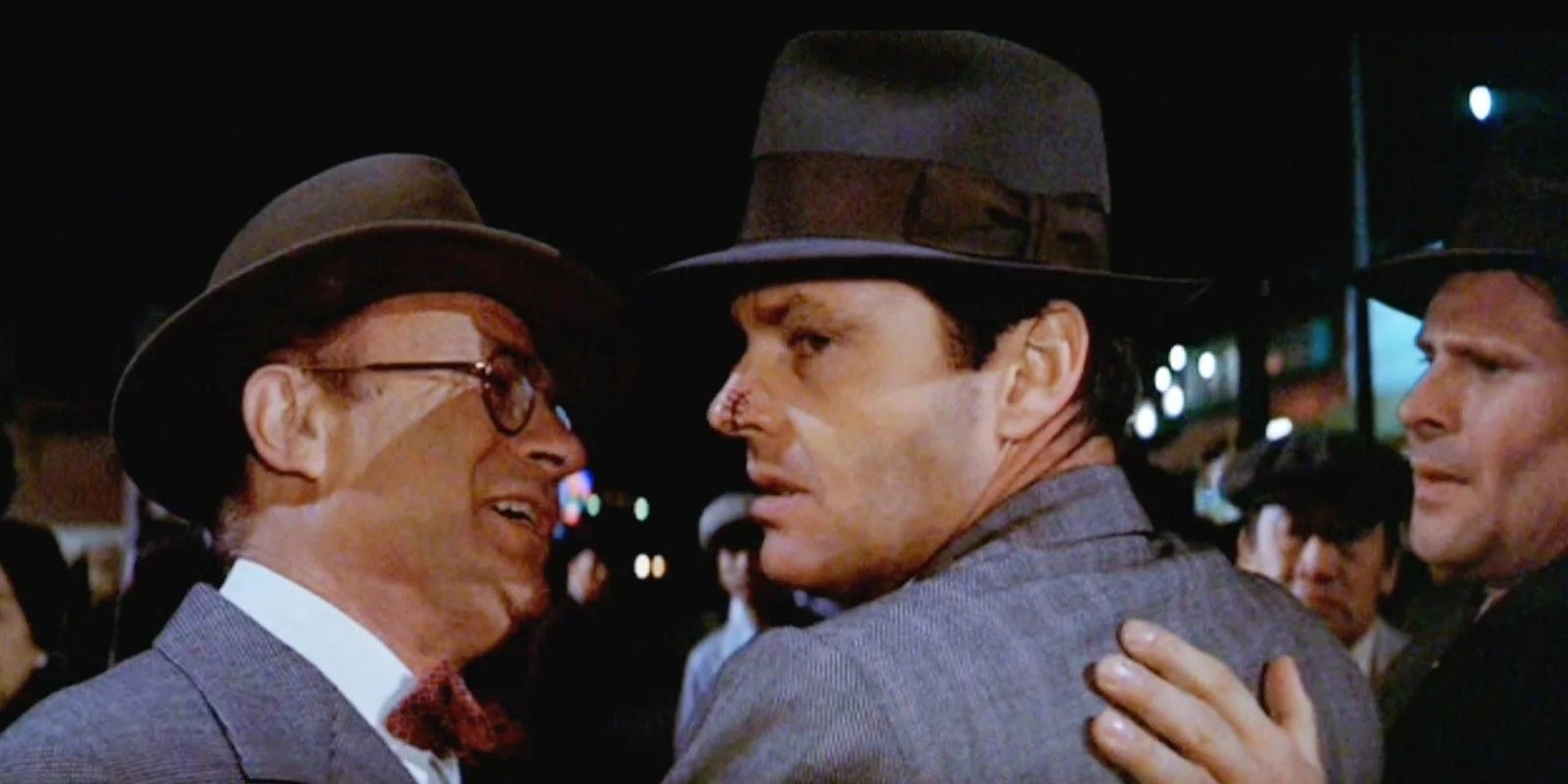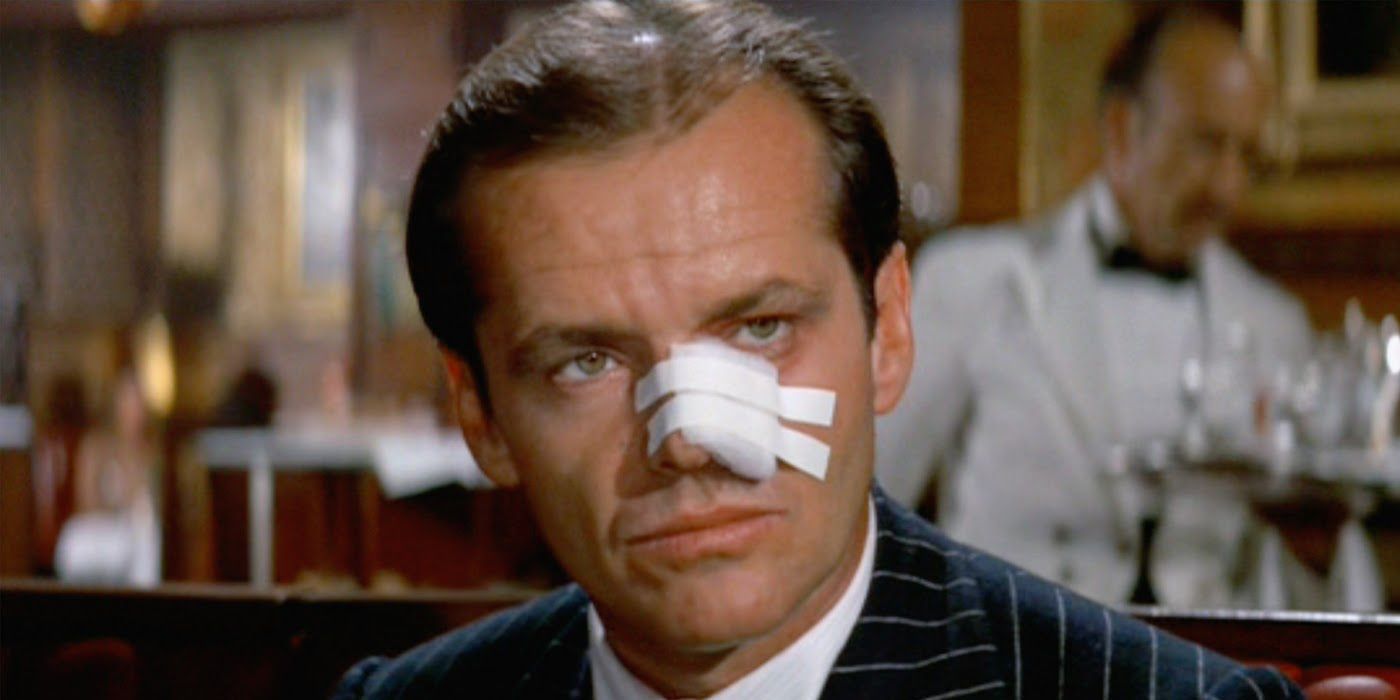Summary
- Chinatown's dark ending continues to shock audiences with its tragic and ambiguous finale.
- The movie's storyline is inspired by real events, but the main plot and ending were fictionalized for the sake of the film.
- Chinatown is a tragedy at heart and explores themes of corruption, futility, and the darkness of human nature.
One of the movies that helped launch Jack Nicholson's career, 1974's Chinatown has a stunningly dark ending that still has the power to shock. Directed by Roman Polanski and written by Robert Towne, Chinatown offers a unique spin on the detective stories of the 1940s, giving it a much darker twist than movies of the era would ever allow. Chinatown was immediately recognized for its greatness and received a slew of accolades, among them an impressive 11 Oscar nominations, including one for Best Picture, and was honored as part of the AFI's 100 greatest films list in both 1998 and 2007.
Set in 1937, Chinatown follows the exploits of private detective Jake Gittes (Nicholson) as he investigates a series of deaths surrounding water and land deals in Los Angeles's then-unincorporated valley region. Chinatown was inspired by a real story though the main plot and eventual dark ending were fabricated for the sake of the movie. It does an excellent job of wrapping its plot threads up by its tragic finale, but doesn't pull any punches (and leaves some ambiguous notes). Chinatown is a tragedy at heart, and that is one reason it has had tremendous staying power.
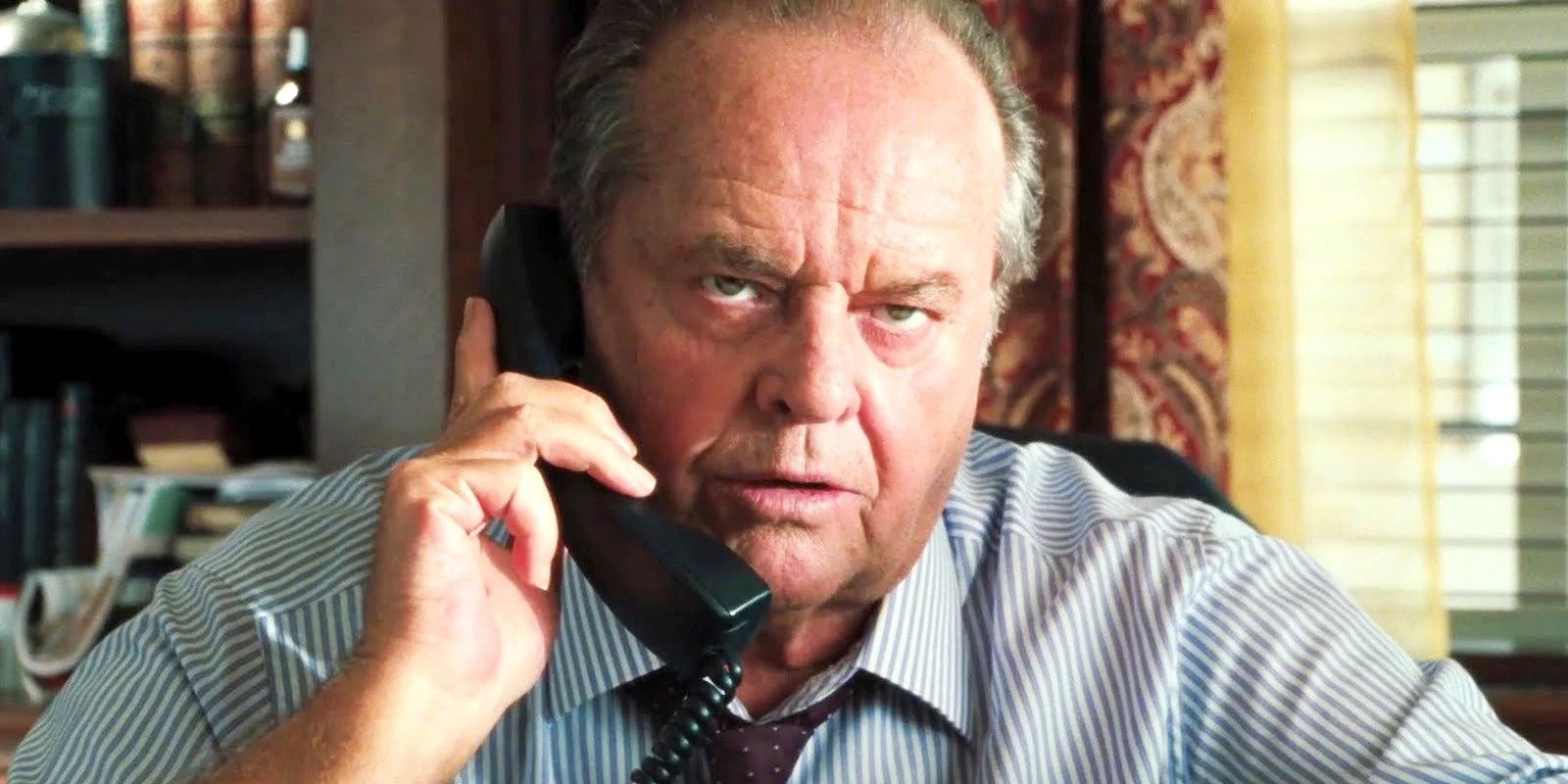
Why Jack Nicholson Retired From Acting After 2010
Jack Nicholson is a legendary Hollywood actor and pop culture icon, but he's been retired from the screen since 2010, and here's a look at why.What Happens In Chinatown's Ending?
Cracking The Case Doesn't Bring Peace For Jake Gittes
The ending of Chinatown sees Jake Gittes piecing together the web of conspiracy weaved by Noah Cross (John Huston). Jake discovers it was Cross who murdered Hollis Mulwray (Darrell Zwerling) and was also responsible for the death of Ida Sessions. On the way to one of the most shocking film noir twist endings of all time, Jake attempts to help Hollis's wife, Evelyn Mulwray (Faye Dunaway), escape back to Mexico with her daughter, Kathrine (Belinda Palmer). However, his plan is foiled when he is captured by Cross, who reveals his plan and forces Jake to meet Evelyn in Chinatown.
Once in the Chinatown neighborhood of Los Angeles, Jake is immediately detained by the local police, who are obviously in cahoots with Cross, and the land baron attempts to take control of Katherine and Evelyn to tie up the last loose ends. In a fit of desperation, Evelyn shoots Cross in the arm and tries to drive off with her daughter in tow, only to be immediately gunned down by the police officers on the scene. Cross then completely gets away, taking custody of Katherine after claiming to be her grandfather, while Jake can only watch in horror.
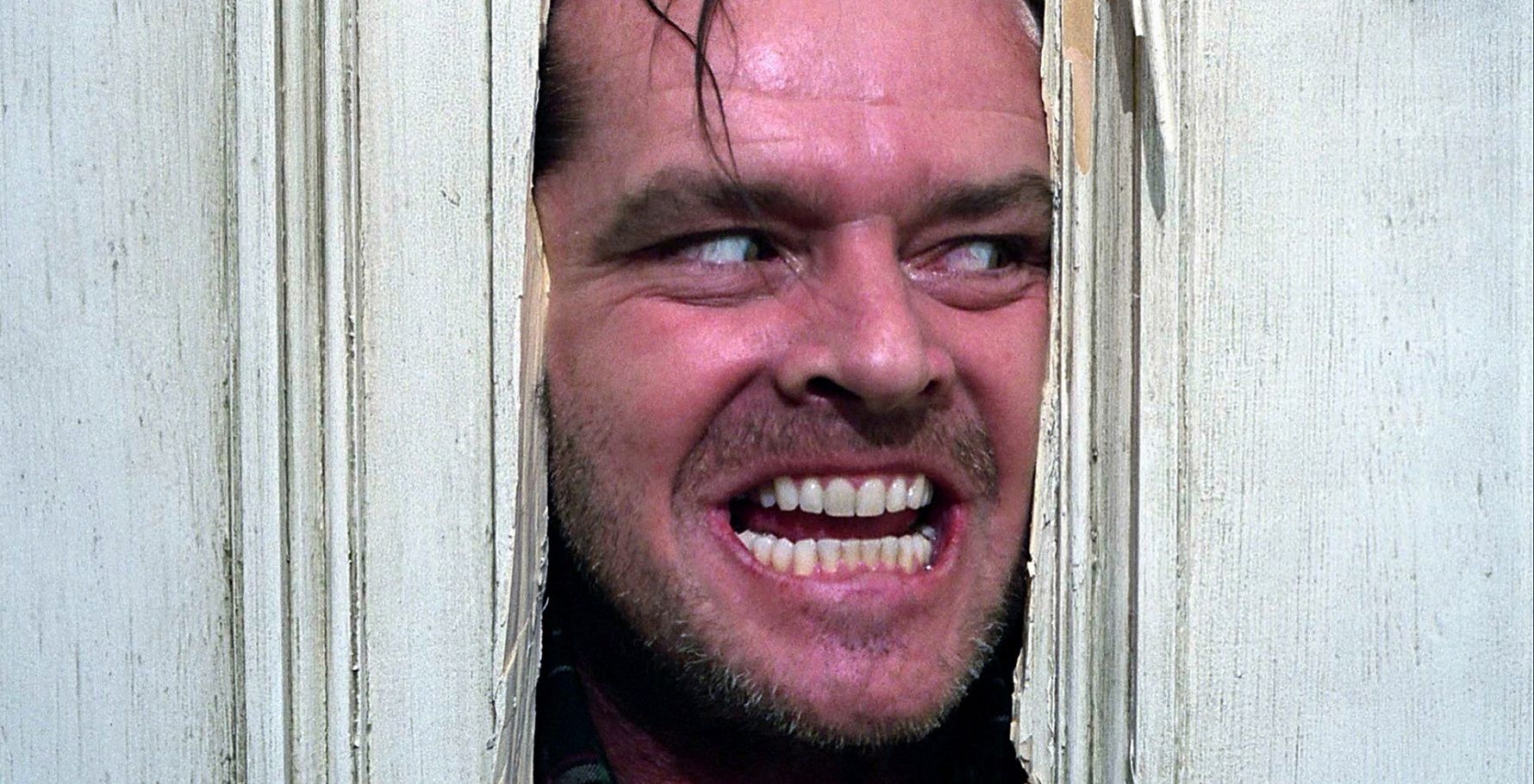
Jack Nicholson's 10 Most Iconic Roles, Ranked
From the Joker to The Shining's Jack Torrance, here are some of the most iconic roles the illustrious Jack Nicholson has ever played.Cross Killed Mulwray & Ida Sessions To Silence Them
The Murders In Chinatown Happened To Facilitate Shady Corporate Dealings
The death of Hollis Mulwray is essentially Chinatown's inciting incident, and it sets Jake Gittes down the dark path that will eventually lead to the finale. Mulwray's connections to the Los Angeles Department of Water and Power made him the perfect business associate for Noah Cross, but their disagreement proves to be deadly. With Mulwray's refusal to build another dam, Cross kills him off to get him out of the way. Mulwray's marriage to Cross's daughter, Evelyn, was of no consequence to the greedy businessman, and he used the opportunity to take custody of his younger daughter, Katherine.
In typical film noir style, Ida Sessions was hired by Cross to pose as Evelyn to discredit Mulwray. The plan was to make Mulwray look like a cheater, with the end goal of making his death look like it was self-inflicted. However, Ida outlives her usefulness to Cross when she tips Jake off to his retirement home scheme, so Cross has her killed. Chinatown succeeds because of its brilliant writing and direction, but how exactly Ida knew about the retirement home scheme is a plot hole that is never addressed in the movie.
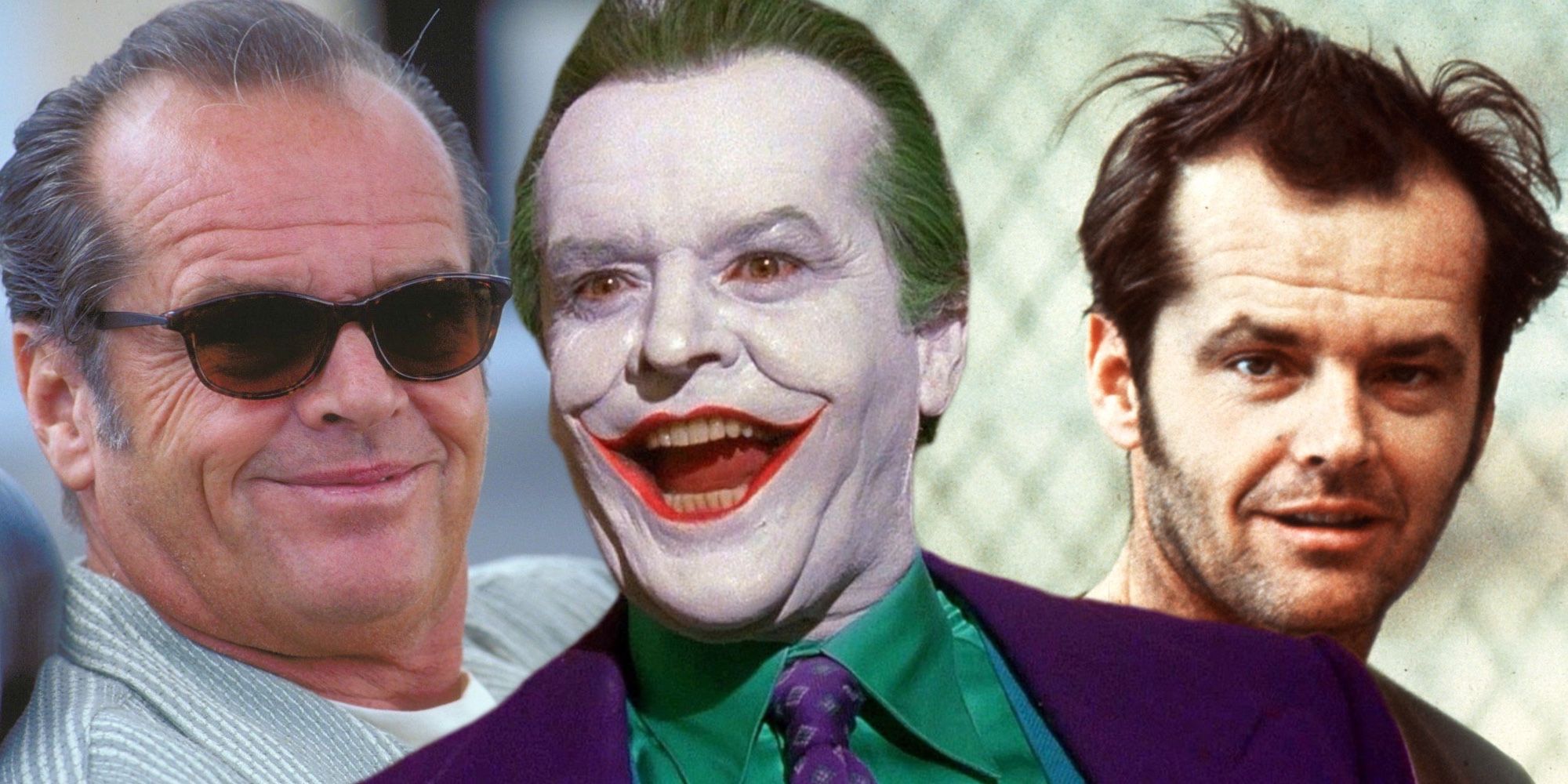
10 Best Jack Nicholson Movies Of All Time Ranked
From The Shining to A Few Good Men, Jack Nicholson has starred in some truly iconic movies, but which of the Hollywood legend's movies are best?Evelyn Was Katherine's Mother & Sister
The Chinatown Incest Twist Explained
Murder and intrigue are common in film noir, but Chinatown's darkest twist represents the dour attitude of the best movies of the 1970s. Katherine is a character who exists on the fringes of the story, and Jake even believes she is being held hostage by Evelyn before he eventually learns the horrifying truth. Evelyn flips her story from claiming that Katherine is her sister to saying that Katherine is actually her daughter. Pressed harder by the exasperated detective, Evelyn confesses that Katherine is her sister, but also her daughter, the result of her father assaulting her when she was 15.
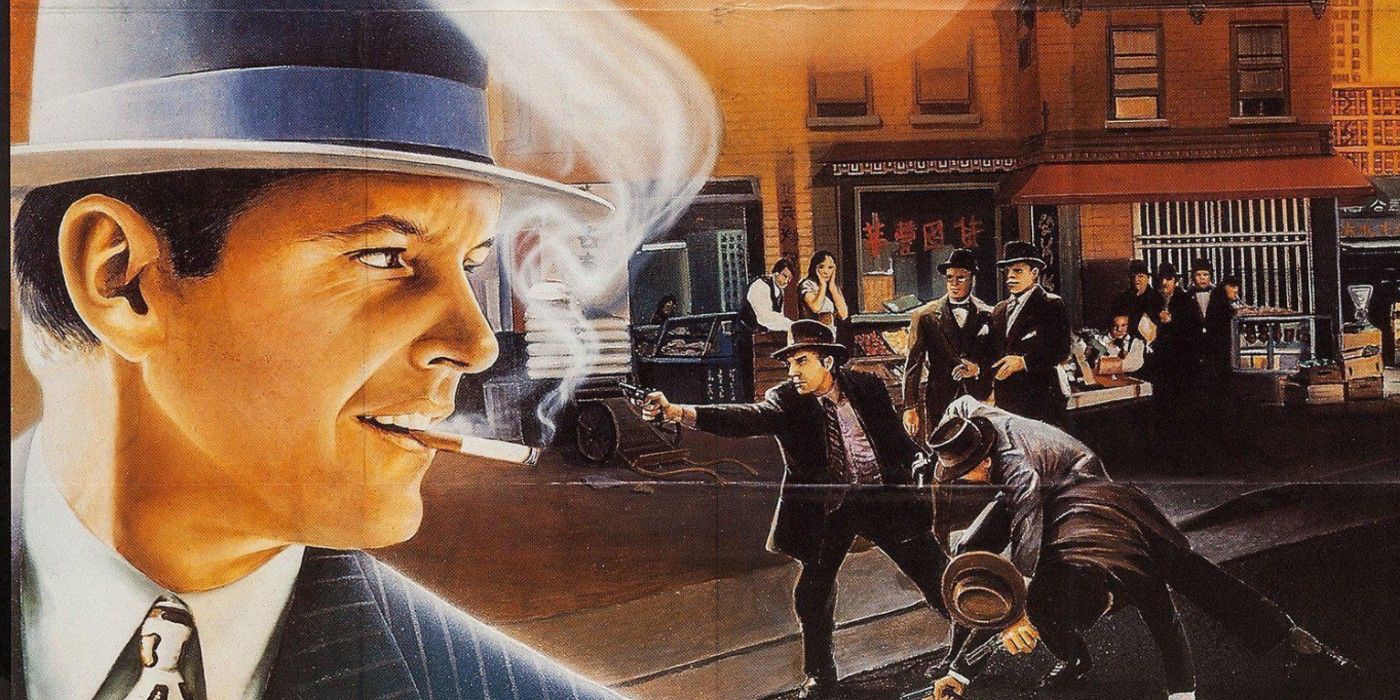
Chinatown: 10 Reasons It’s The Best Film Noir Movie Ever Made
Chinatown is unanimously regarded by both critics and fans as one of the best Film Noirs ever made, but do you know why?What Does Chinatown's Final Line Mean?
One Of The Movie's Most Iconic Quotes Sums Up Its Core Themes
After witnessing the cold-blooded murder of Evelyn and seeing Katherine taken by Cross, Jake is told to "forget it...it's Chinatown," to which he can only blink in horror. One of the best movie ending scenes in history, its iconic quote also explains the movie's ending. Earlier, Jakes says that when he worked for the district attorney in Chinatown, he was told to do "as little as possible," implying that he was warned to look the other way to avoid trouble. Jake realizes that his lax view of corruption leads to Cross's power grab and the deaths in the movie.
By setting Chinatown in the 1930s, the story became a comment on the similarities in politics between that decade and the 1970s, when it was released, as well as tipping its hat to the great private investigator stories of old. Chinatown is where Evelyn's butler lives, and she thought the anonymity of the neighborhood would protect her, but it was actually the perfect place for Cross to enact his violent scheme. "It's Chinatown" is figurative and literal, as no one would look twice at police brutality in a neighborhood full of non-whites.
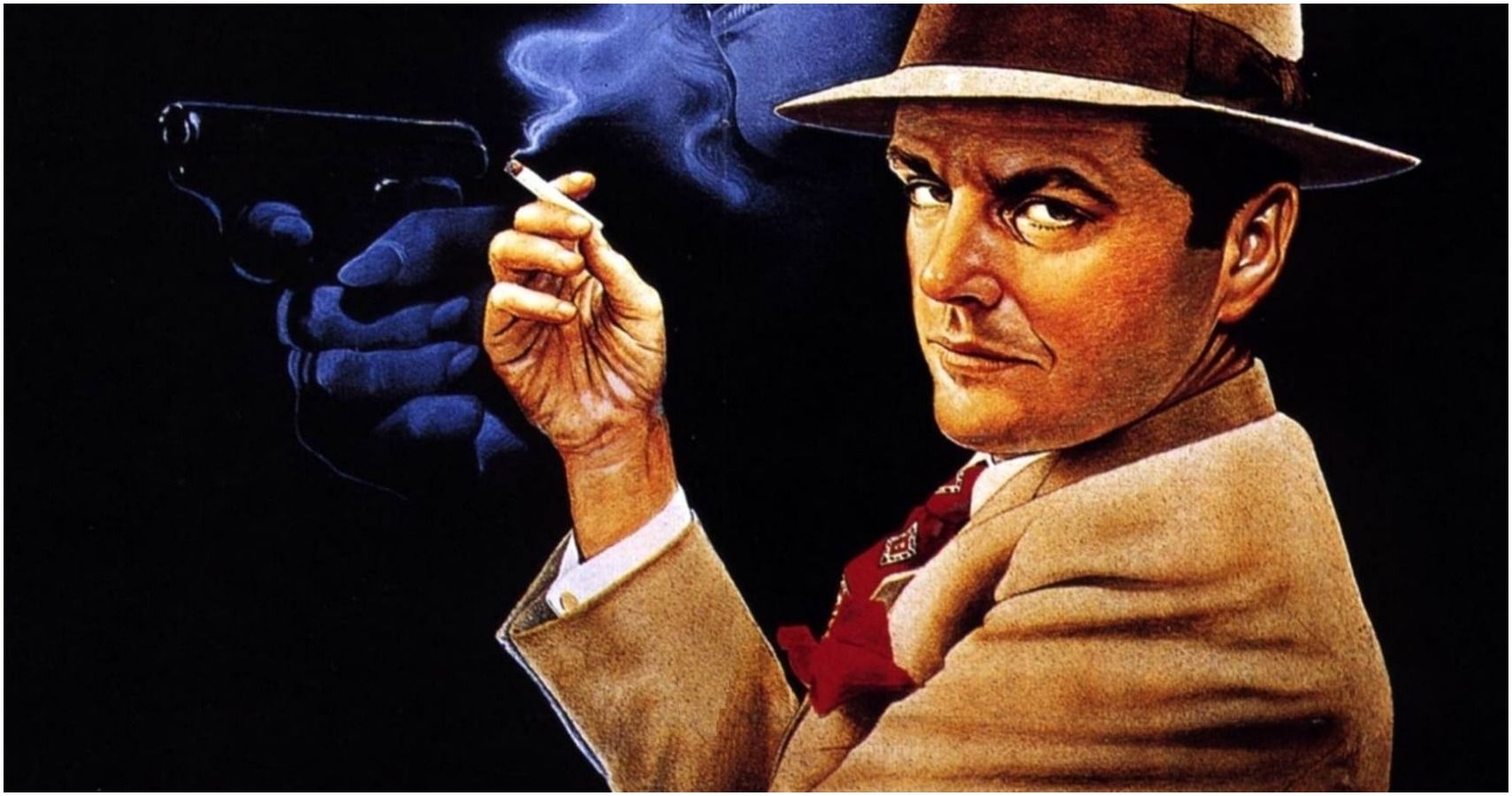
Chinatown: 10 Most Iconic Scenes
Chinatown is one of the most beloved films in the industry's history, and here are the ten best and most iconic scenes from the movie.The Real Meaning Of Chinatown's Ending
The Chinatown Finale Is About The Futility Of Fighting Corruption
The ending of Chinatown isn't particularly confusing, but its bluntness is an artistic statement on its own. The movie is representative of the mood of the 1970s and was similar to its contemporaries by leaving audiences with a negative outlook on the world. Noir films had always been dark and moody, but Chinatown pushed those principles to new heights while remaining symbolic.
Keeping in tradition with the American New Wave movement, Chinatown's bleak ending is a broad statement about the futility of fighting corrupt institutions, and it reflected the political landscape of the 1970s. Despite being set in the 1930s, the ending of Chinatown was about modern issues.
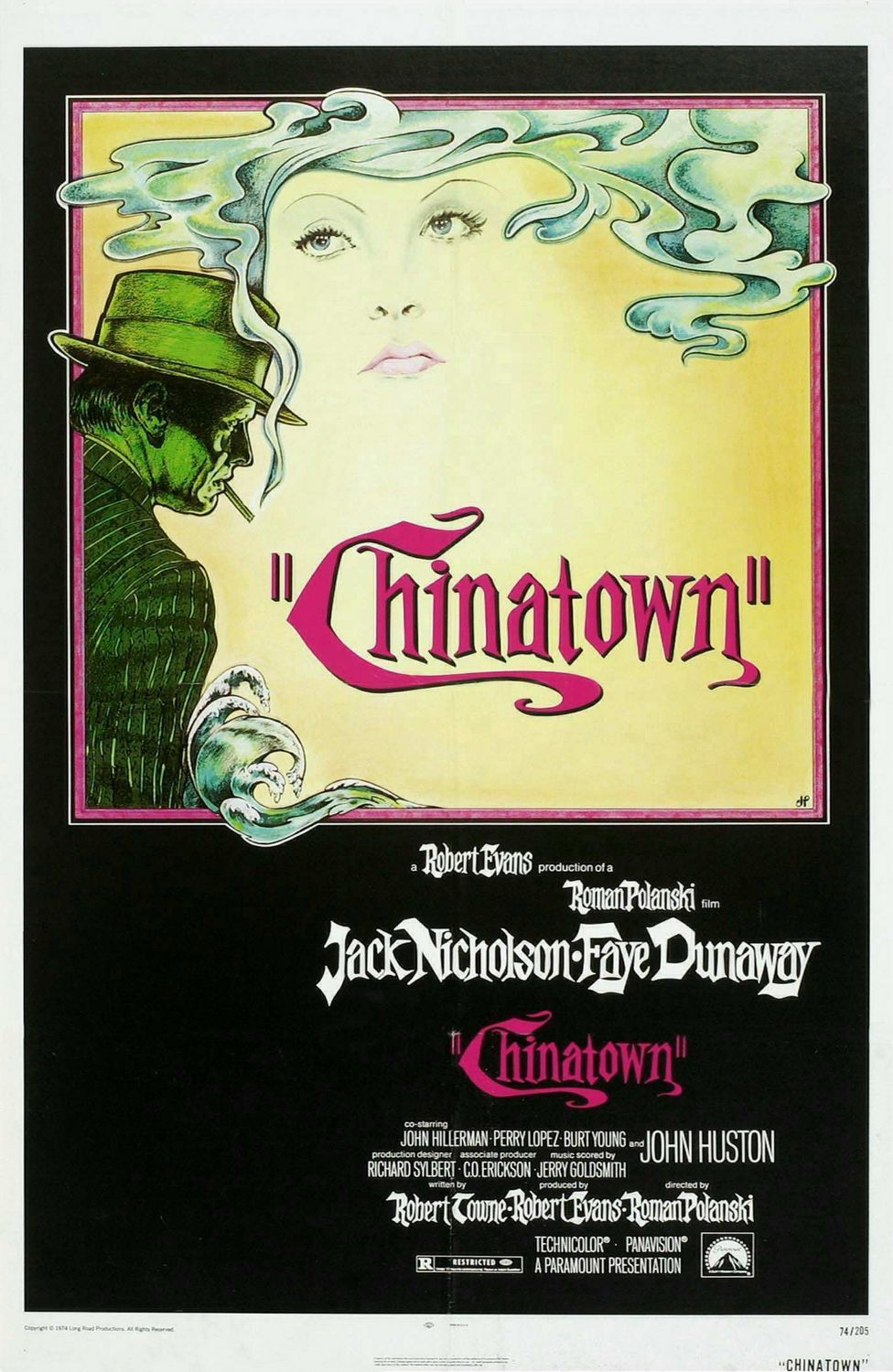
Chinatown
Originally released in 1974, Chinatown is an American neo-noir mystery movie starring Jack Nicholson and Faye Dunaway. Its story was inspired by the California water wars, a series of conflicts between the city of Los Angeles and the people of Owen's Valley around the beginning of the twentieth century. The movie received 11 Academy Award nominations in total, with Robert Towne winning the Oscar for Best Original Screenplay.
- Release Date
- June 20, 1974
- Director
- Roman Polanski
- Cast
- Jack Nicholson , Faye Dunaway , John Huston , Perry Lopez , John Hillerman , Darrell Zwerling
- Runtime
- 130 minutes
- Writers
- Robert Towne , Roman Polanski
- Budget
- $6 million
- Studio(s)
- Paramount Pictures

